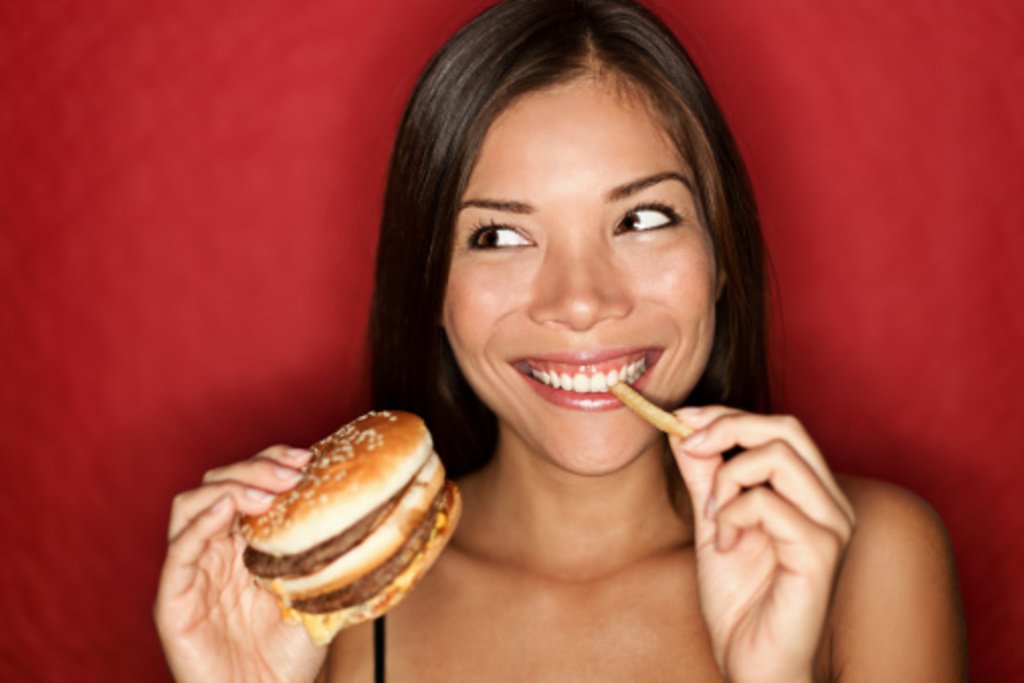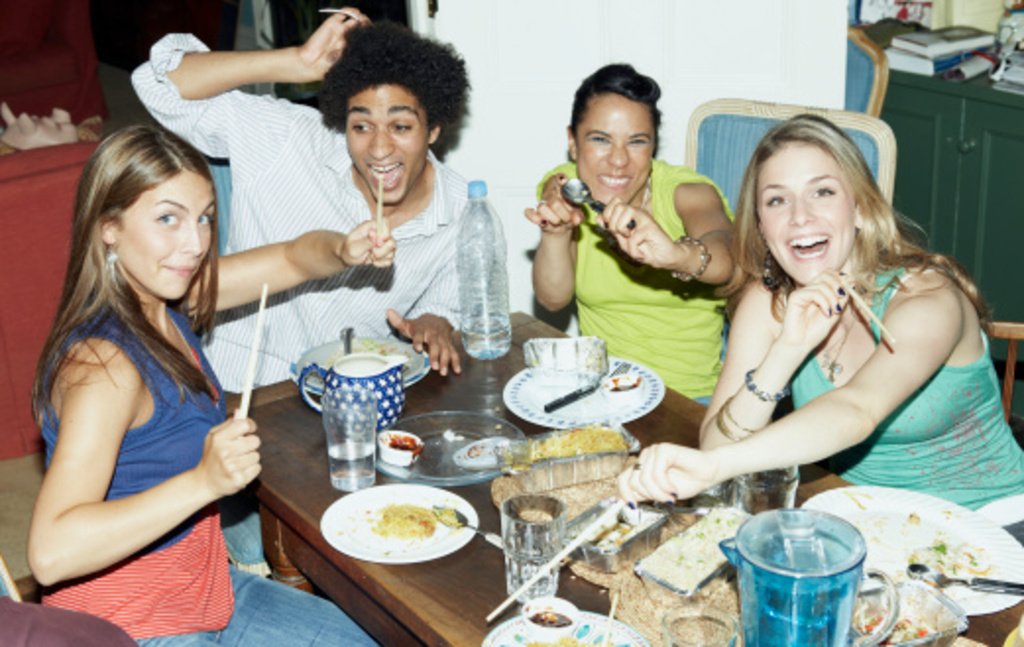Last year, a study was published linking the consumption of fast food to incidences of depression. The study, conducted in Spain, found that those who eat fast food are 51 percent more at risk to develop depression than those who ate less fast food—about 121 million people worldwide are affected by this mental illness. But correlation is not causation, so what is the link? Is the risk real?
An important thing to note is that this is a cross-sectional study. This means that it does not measure causation; in fact, it’s quite possible that those who developed depression during the study were already genetically primed for it somehow, and that fast food consumption increased as a result.
“Even eating small quantities is linked to a significantly higher chance of developing depression,” said Almudena Sanchez-Villegas, lead author of the study, in a statement. The study observed that the relationship between depression and fast foods is dependent on a dose-response. So the more you eat, according to Sanchez-Villegas, the more you are at risk.
However, the study discussed that one of the weaknesses in their observations was that they did not account for variation in dietary intake during any follow up period: “Diet was only collected at baseline, and some of the cases of depression were reported after 8 years of follow-up” it says. So if someone was eating heavy amounts of fast food at the beginning of the study, with no report of depression, and then years later they follow up and the participant is depressed? Doesn’t necessarily mean it’s because of fast food.
Maybe “risk” isn’t the right word, then. Numerous news outlets reported the study last year, with wording such as “consumers of fast food more likely to be depressed.” When you load the sentence that way, doesn’t it sort of make it sound like fast food will totally make you depressed? What if, instead, the headlines read “depressed people more likely to consume fast food.” Changes the meaning a bit, right? But maybe that’s not as interesting. We already know fast food is bad for us and it’s just another reason to shame anyone who isn’t eating healthy, right?
There’s nothing wrong with eating healthy, but our mindset around being a horrible, sad, worthless person for the things we eat has got to stop. There’s nothing wrong with eating a burger here and there, either, given that you have no health issues. You are not what you eat.
The basic rhetoric produced by this study is that fast food = bad. Duh. Most of us are aware that fast food is not necessarily healthy or made of the best stuff. Clinical depression and feeling lowly because you ate McDee’s last night are two worlds apart, though. Food is fuel and healthy food is better fuel. Eating right can be a major part of learning to love yourself and feel good. But having that burger once in a while? It’s not a big deal. Perhaps this study was picked up so heavily because Western culture has such a need to divide our world into black and white—it makes us easier to market to. Maybe we should explore what it means to eat mindfully and make the daring leap to escape from black and white thinking by asking—gasp—if there are no good or bad foods at all. Revolutionary?
For you health/science nerds that like to read (I love you, nerds!) results of this study were published in the Public Health Nutrition journal.
 Elle Groves is a freelance reporter, writer and blogger bent on deconstructing diet culture and keeping her life full of food, fitness, family and friends. She is currently writing a novel that spans the rise and fall of a girl’s struggle with eating disorders and her DIY-recovery. Contact her at elle@dev-303magazine.pantheonsite.io
Elle Groves is a freelance reporter, writer and blogger bent on deconstructing diet culture and keeping her life full of food, fitness, family and friends. She is currently writing a novel that spans the rise and fall of a girl’s struggle with eating disorders and her DIY-recovery. Contact her at elle@dev-303magazine.pantheonsite.io



